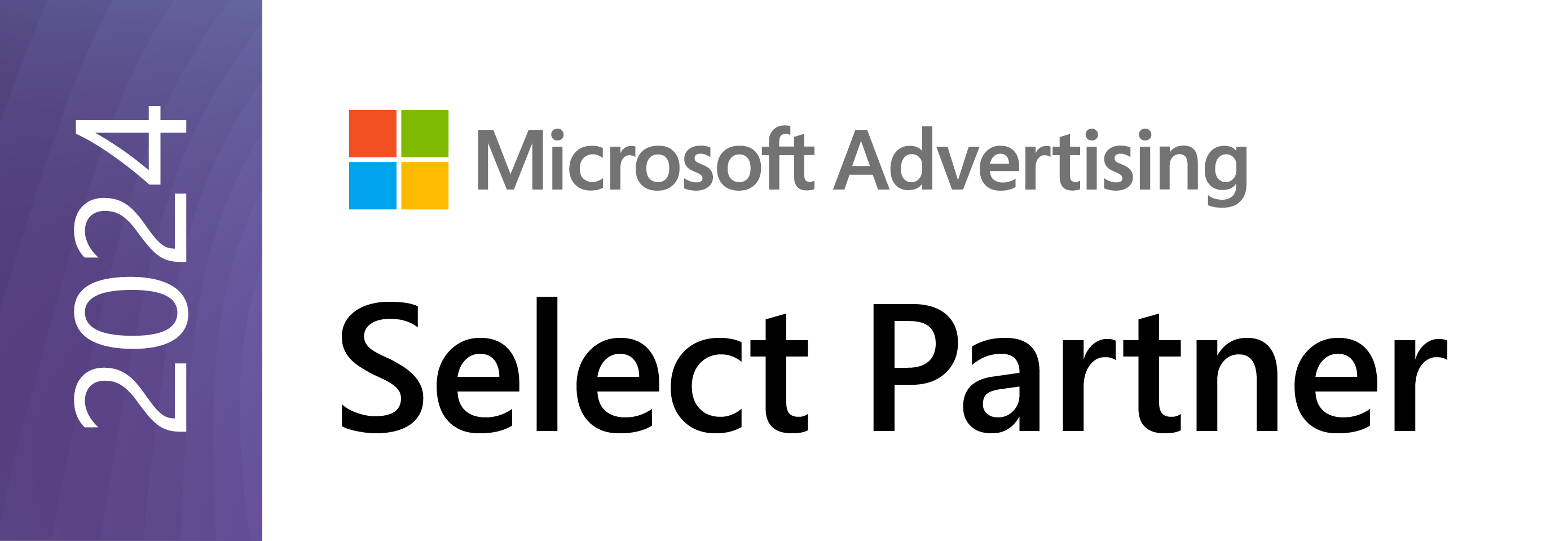
How Reputation Management Enhances Digital Marketing Success
Key Takeaways
-
Integrating digital marketing with reputation management ensures a cohesive and trustworthy brand presence.
-
Online reviews and social media sentiment directly impact consumer decision-making.
-
Proactive monitoring and strategic responses build long-term brand credibility.
-
AI and automation tools are streamlining reputation oversight for businesses of all sizes.
-
Companies that align marketing and reputation efforts see better ROI across channels.
In today’s highly connected world, a company’s digital presence extends far beyond its website and ads. Online reviews, social media conversations, and search engine visibility all influence how your brand is perceived. Integrating reputation management (ORM) into your digital marketing strategy is no longer optional—it’s essential.
Digital marketing drives awareness, while reputation management shapes trust. Together, they create a feedback loop that strengthens brand loyalty and fuels growth. Whether you’re running paid ads, optimizing SEO, or publishing content, your brand’s reputation plays a critical role in how those efforts convert into actual business.
The Overlooked Value of a Unified Approach
Businesses often view marketing and reputation as separate departments. But in practice, the best-performing brands blur those lines.
A strong online reputation attracts:
-
High-value customers who trust your reviews and testimonials.
-
Top talent looking to work with reputable organizations.
-
Investors and partners who view credibility as a competitive edge.
Small and mid-sized businesses especially benefit from unifying reputation and marketing efforts. When SEO, social media, and review management are aligned, every marketing dollar works harder.
This combined strategy also applies to individuals—especially business owners and public-facing professionals—who need to maintain a strong personal brand. By consistently monitoring and shaping their digital footprint, they’re more likely to secure future opportunities and build trust in their expertise.
Trends Driving the Future of Reputation + Marketing
The way consumers interact with brands is evolving. In 2025 and beyond, we’re seeing a sharp rise in:
-
Community-led marketing: Consumers crave genuine connection. Brands that engage their audience in active communities (like niche Facebook groups or invite-only Discord servers) are building deeper loyalty than those relying on influencer campaigns alone.
-
AI-powered personalization: Reputation tools now use machine learning to track sentiment and automatically craft appropriate responses to customer reviews—especially helpful for businesses juggling multiple platforms.
-
Socially conscious branding: A good percentage of Gen Z and Gen Alpha prefer brands that prioritize values like sustainability, transparency, and inclusivity. That means your messaging—both marketing and customer service—must be aligned and consistent.
-
Voice search and visual content optimization: As voice assistants and short-form video platforms become primary search tools, your brand needs to be visually strong and easily discoverable across all channels.
Strategies for a Cohesive Reputation and Marketing Plan
Here’s how to effectively align your reputation management with digital marketing efforts:
1. Monitor Sentiment Across Platforms
Use tools like Google Alerts, Yelp dashboards, and social listening software to keep tabs on what people are saying. Don’t just watch—respond.
-
Positive reviews: Thank your audience and highlight them in future campaigns.
-
Negative feedback: Address concerns promptly and respectfully. How you respond matters just as much as the complaint itself.
2. Make Reviews Part of Your Marketing Funnel
Incorporate real customer feedback into landing pages, social media, email campaigns, and paid ads. Peer validation helps close the trust gap faster than any headline ever will.
3. Audit Your Brand Consistency
Every online touchpoint—from your homepage to your Instagram bio—should reflect a unified tone, message, and set of values. Disjointed branding can confuse or alienate potential customers.
4. Collaborate Across Departments
Reputation management isn’t just a job for marketing. It also involves customer service, product development, and leadership. Having a shared workflow ensures insights from customer feedback are actually used to improve your operations.
The Role of Visuals and Communities
Design plays an underestimated role in digital reputation. Thoughtful visual metaphors in ads or content make your brand memorable. But they must be used wisely—consistency and cultural relevance matter more than trend-chasing.
Community websites and closed social groups also help strengthen your brand’s reputation. They allow for direct engagement, exclusive content, and the chance to turn customers into advocates.
A skilled partner like CS Design Studios can help you build and maintain these ecosystems—from strategy and content creation to visual execution and ongoing monitoring.
Why This Mindset Shift Matters
According to recent studies, 93% of consumers read online reviews before making a purchase. That’s not a small nudge—it’s a deciding factor. Brands that treat reputation management as a standalone process are missing out.
By integrating it with marketing, you can:
-
Build trust faster with new leads
-
Boost organic search rankings with high-quality review content
-
Turn satisfied customers into recurring advocates
-
Protect your brand from crises or misinformation before they spiral
How CS Design Studios Can Help
CS Design Studios specializes in crafting unified digital strategies that incorporate both online reputation management and full-scale marketing. From optimizing review systems to producing branded content that aligns with your values, their team ensures your reputation isn’t left to chance.
Whether you’re just starting or scaling up, having a partner that understands both visibility and credibility gives your brand a powerful advantage.
FAQs
What’s the difference between reputation management and digital marketing?
Digital marketing focuses on promoting your products or services, while reputation management ensures your online presence remains credible and trustworthy. The two are deeply connected—marketing builds reach, and reputation builds trust.
Why are online reviews so important in 2025?
With so many choices online, consumers often use reviews as their main decision-making tool. A few bad reviews without thoughtful responses can drive business away. Managing them proactively protects your bottom line.
Can small businesses benefit from reputation management?
Absolutely. In fact, small businesses often rely more heavily on community trust and word-of-mouth. A single bad review or ignored complaint can carry significant weight in a local market.
How often should I monitor my brand’s reputation?
Ideally, daily. But if that’s not possible, weekly monitoring is the minimum. Automated tools can help streamline the process and alert you to urgent feedback.
What platforms matter most for reputation?
Google Reviews, Yelp, Facebook, and industry-specific sites (like TripAdvisor or Healthgrades) often carry the most weight. Social media platforms also play a huge role in shaping public sentiment.




